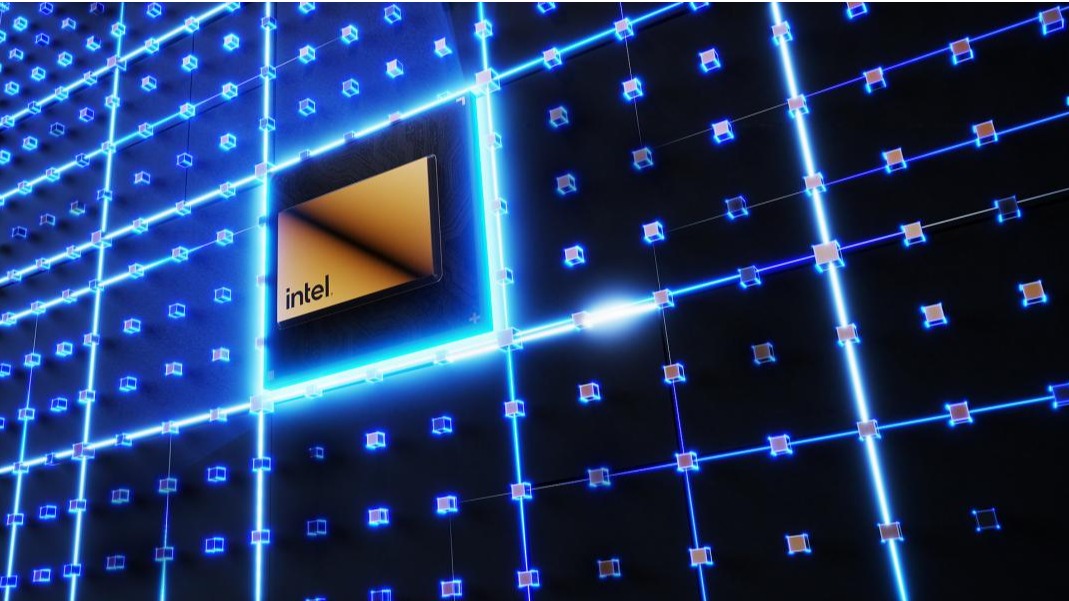The British government is backing a trial of new technology which could speed up the diagnosis of bowel cancer and reduce the need for invasive colonoscopies and biopsies.
The “world-leading” technology, which is a joint collaboration between the University of Southampton and cancer treatment technology firm Xgenera, has the potential to improve diagnosis rates and to treat the disease faster and more effectively.
Bowel cancer is the UK’s fourth most common cancer, with over 42,000 people diagnosed each year.
Early diagnosis is crucial as around 90 per cent of people survive bowel cancer when it’s detected at stage one, compared to just 10 per cent when diagnosed at stage four.
Separately, the government said it has awarded £2.4 million for the development of an AI-driven blood test, known as miONCO-Dx, which will also be able to identify cancer earlier.
The test works by measuring microRNA, molecules which help cells control the kinds and amounts of proteins they make, in a blood sample. It uses AI to identify if cancer is present and if so, where it is located in the body.
The government said that initial tests have produced promising results, with the test able to detect 12 of the most lethal and common cancers, including bowel cancer, at an early stage, with over 99 per cent accuracy.
The test, which was developed based on data from over 20,000 patients, is undergoing clinical trials of 8,000 patients by the National Institute for Health and Care Research (NIHR).
As bowel cancer can be difficult to detect in the early stages, the government said that investing in technologies that can support experts to detect cancer early, such as the miONCO-Dx, is an essential first step in reducing the lives lost by cancer.
Professor Lucy Chappell, chief scientific adviser at the Department of Health and Social Care (DHSC) and chief executive officer of the NIHR, said that supporting the UK’s life sciences sector is key to speeding up diagnosis and the early prevention of cancers.
“Innovations such as the mIONCO-Dx blood test offer an exciting new era in cancer detection with the potential for quicker, easier and more effective ways to detect cancers before they become more difficult to treat,” she added. “The NIHR is supporting initiatives such as these, utilising the latest technologies such as AI, to provide patients and the public with timely, accurate and easily accessible options.”
Latest News
-
Perplexity bids $34.5bn for Google Chrome as antitrust decision nears
-
Pinterest boosts AI research with new Swiss engineering hub
-
Anthropic offers AI models to US government for $1
-
Government expands deployment of live facial recognition tech on police vans
-
Santander announces partnership with OpenAI
-
Owner of Vero Moda makes investment in sewing tech firm
Bringing Teams to the table – Adding value by integrating Microsoft Teams with business applications
A decade ago, the idea of digital collaboration started and ended with sending documents over email. Some organisations would have portals for sharing content or simplistic IM apps, but the ways that we communicated online were still largely primitive.
Automating CX: How are businesses using AI to meet customer expectations?
Virtual agents are set to supplant the traditional chatbot and their use cases are evolving at pace, with many organisations deploying new AI technologies to meet rising customer demand for self-service and real-time interactions.
© 2019 Perspective Publishing Privacy & Cookies





.jpg)






Recent Stories